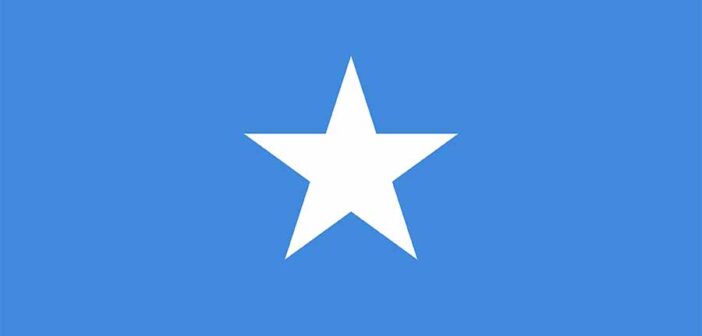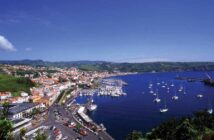- “Timbuktu” (2014): This critically acclaimed film by Abderrahmane Sissako is set in Timbuktu, Mali during the jihadist occupation. It tells the story of a cattle herder and his family who face the harsh reality of life under extremist rule.
- “Yeelen” (1987): Directed by Souleymane Cissé, “Yeelen” (Brightness) is a film set in pre-colonial Mali. It follows the journey of a young man named Niankoro who possesses special powers and embarks on a mythical quest.
- “Bamako” (2006): Directed by Abderrahmane Sissako, “Bamako” is an unconventional drama set in the capital city of Mali. It intertwines a fictional courtroom drama with everyday life to explore themes of globalization, capitalism, and the debt crisis in Africa.
- “La Vie Sur Terre” (1998): Directed by Abderrahmane Sissako, this movie is set in Sokolo, a village in Mali, and presents a collection of vignettes that celebrate the humor, resilience, and everyday struggles of the people living there.
- “Grigris” (2013): Directed by Mahamat-Saleh Haroun, “Grigris” is set in Chad but has connections with Mali. It tells the story of a talented dancer named Grigris who dreams of leaving his troubled life by pursuing his passion in the world of dance.
- “Waiting for the Wild Beasts to Vote” by Ahmadou Kourouma: This novel follows the life of a Malian dictator who is awaiting his fate after losing power. It explores themes of power, politics, and post-colonial history.
- “The Fortunes of Wangrin” by Amadou Hampâté Bâ: Set in the early 20th century, this book revolves around the life of Wangrin, a cunning and resourceful individual navigating changing social and political dynamics in Mali.
- “L’enfant noir” by Camara Laye: This autobiographical novel tells the story of Camara Laye’s childhood in Guinea and Mali. It beautifully portrays his experiences growing up, his cultural identity, and his reflections on colonialism.
- “The Suns of Independence” by Ahmadou Kourouma: Set in post-independence Mali, this novel exposes the challenges faced by the local populations as they navigate the realities of new political systems and the lingering effects of colonisation.
- “Bamako Sounds” by Ryan Skinner: While not a novel in the traditional sense, this book explores the music and cultural scene in Bamako, the capital city of Mali. It delves into the various music genres, artists, and their impact on Malian society and politics.
- These novels offer perspectives on Mali’s history, culture, and socio-political landscape. Enjoy exploring the richness and diversity of Mali through these literary work
WANDERLIST: Mali in books and on film
0
Share.




